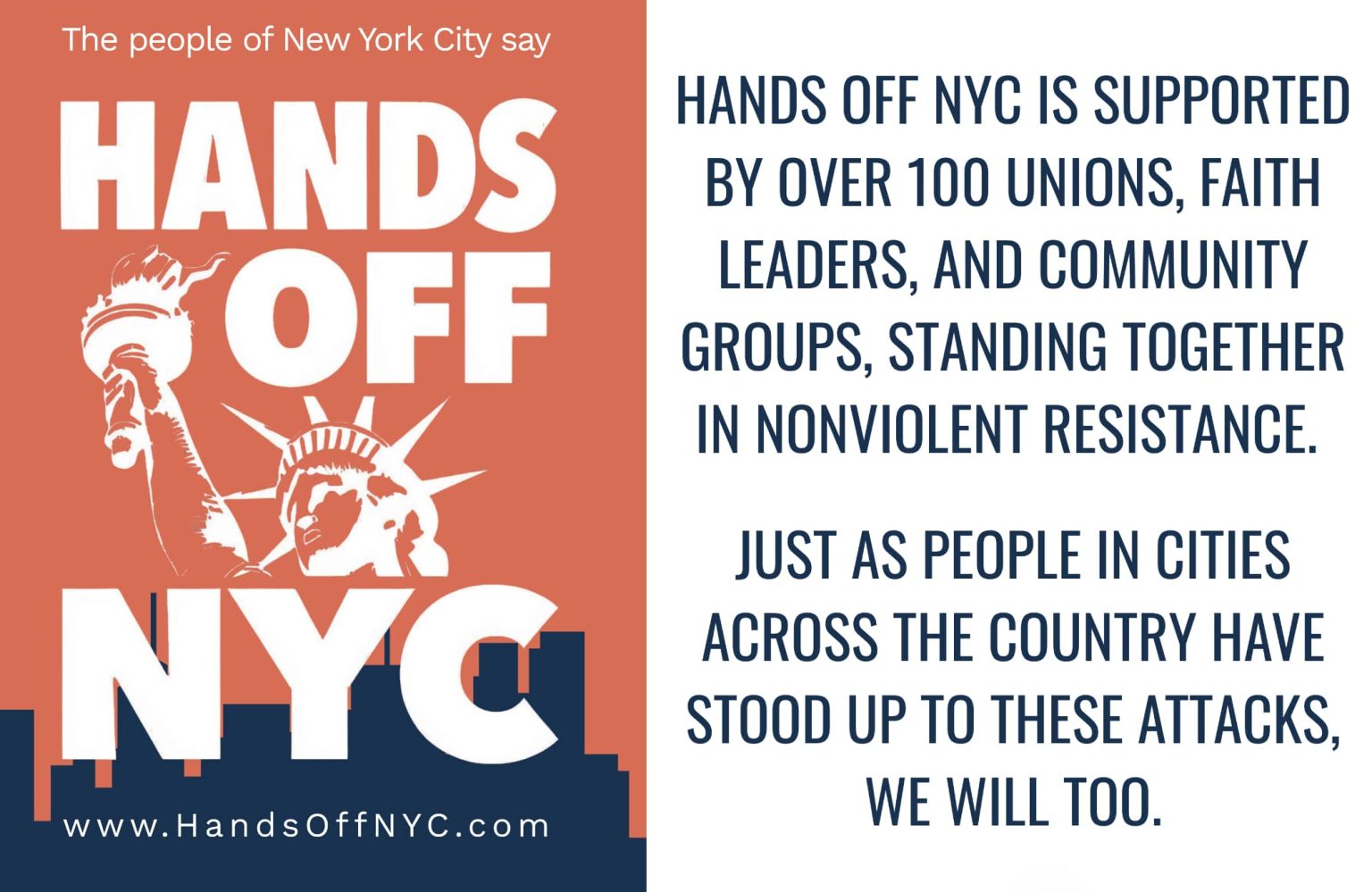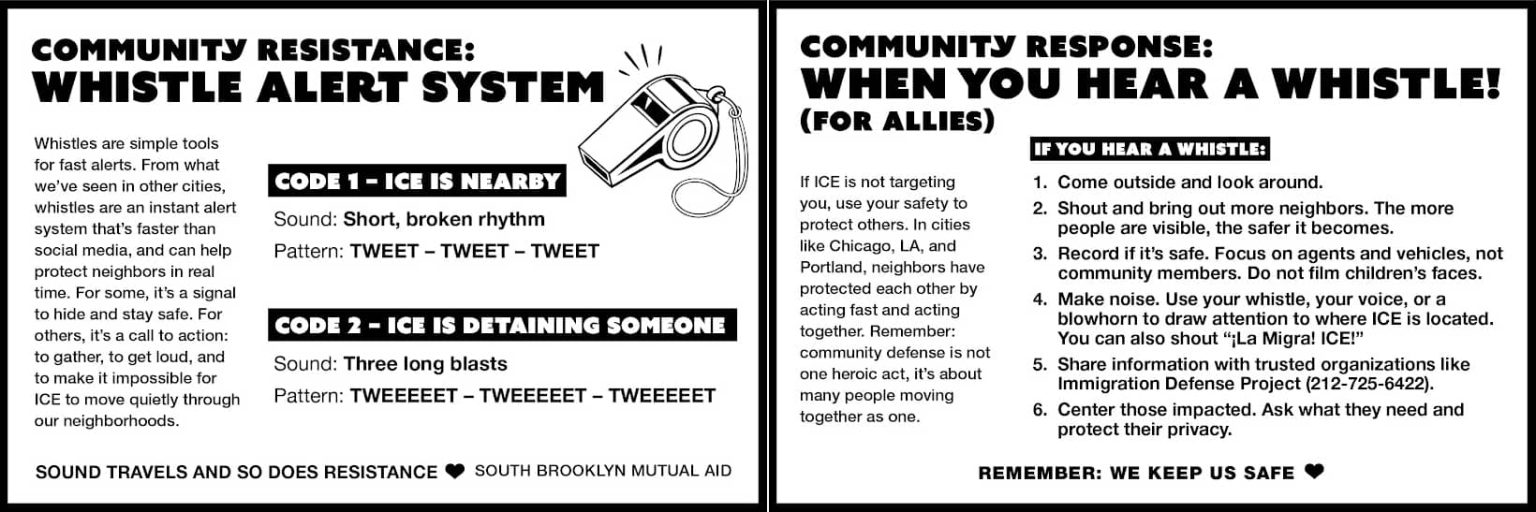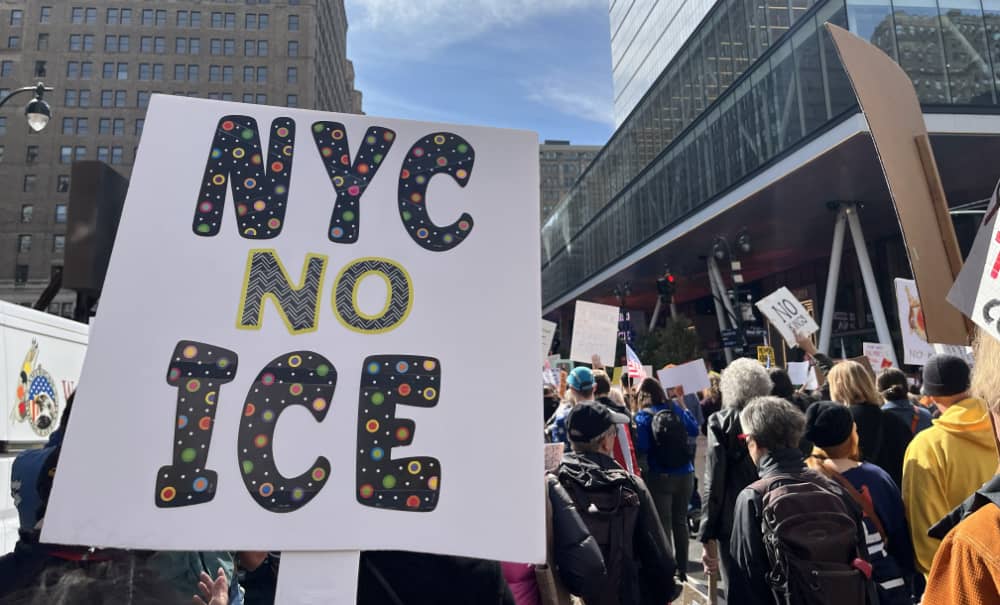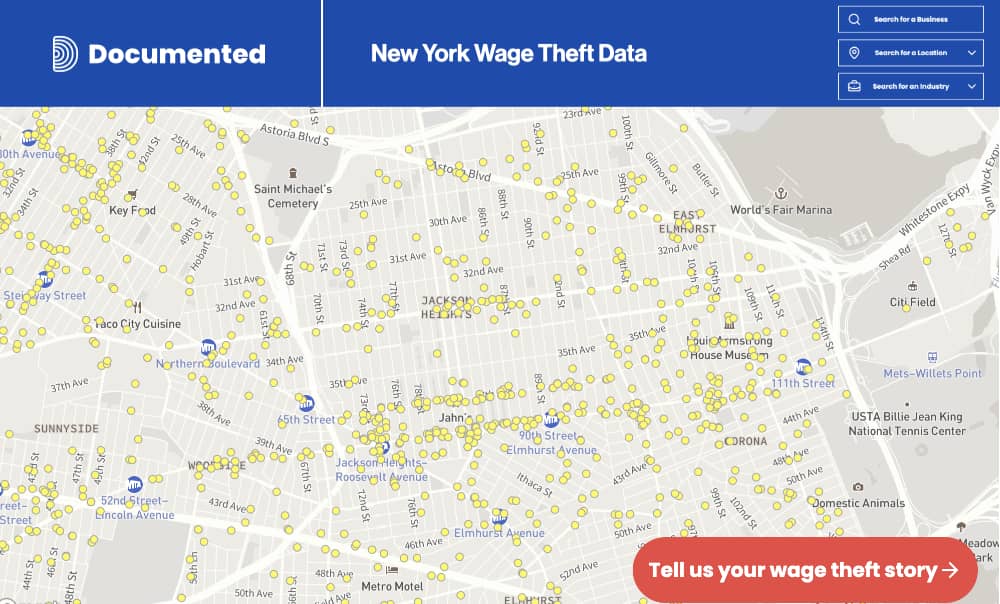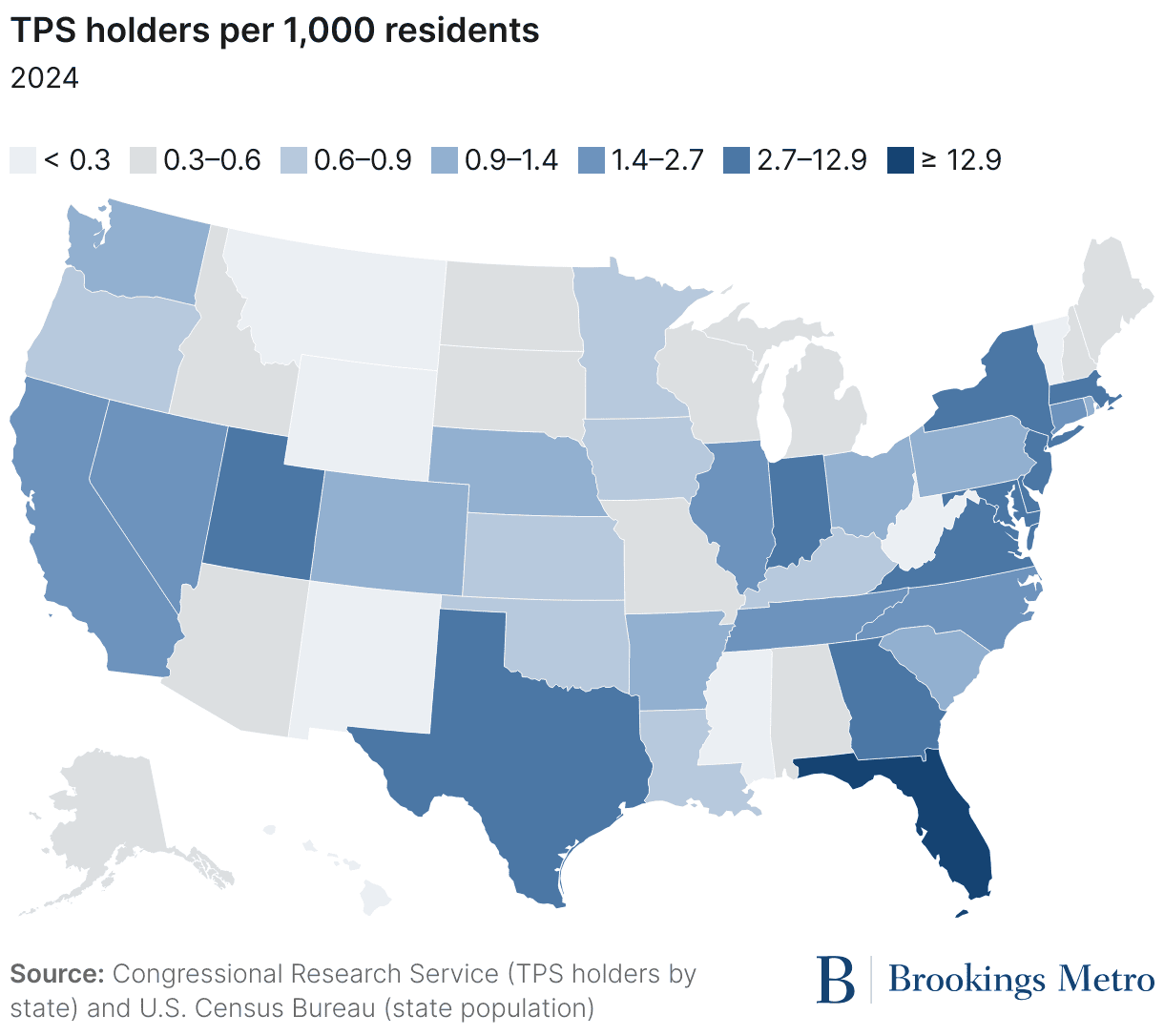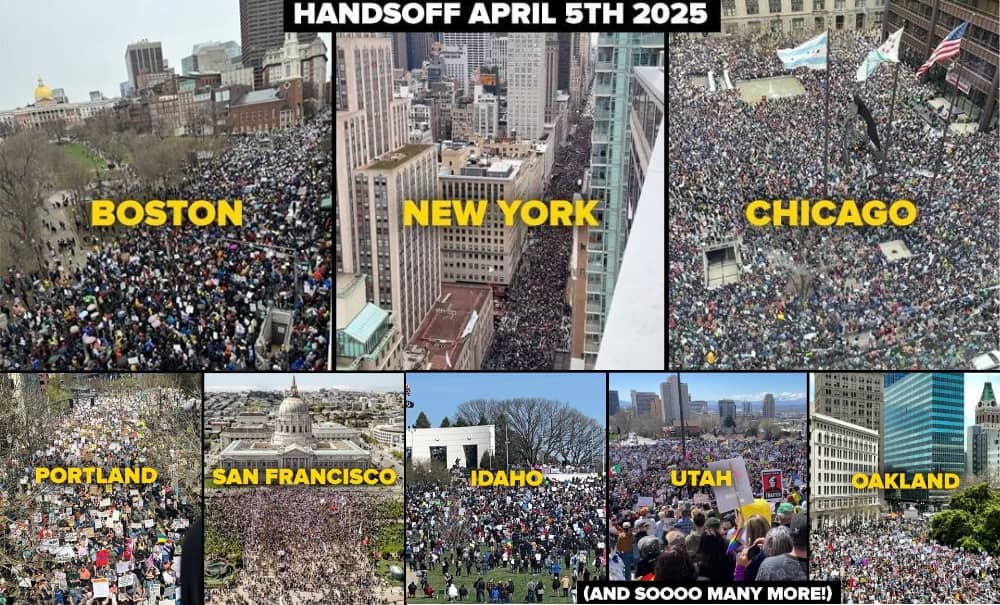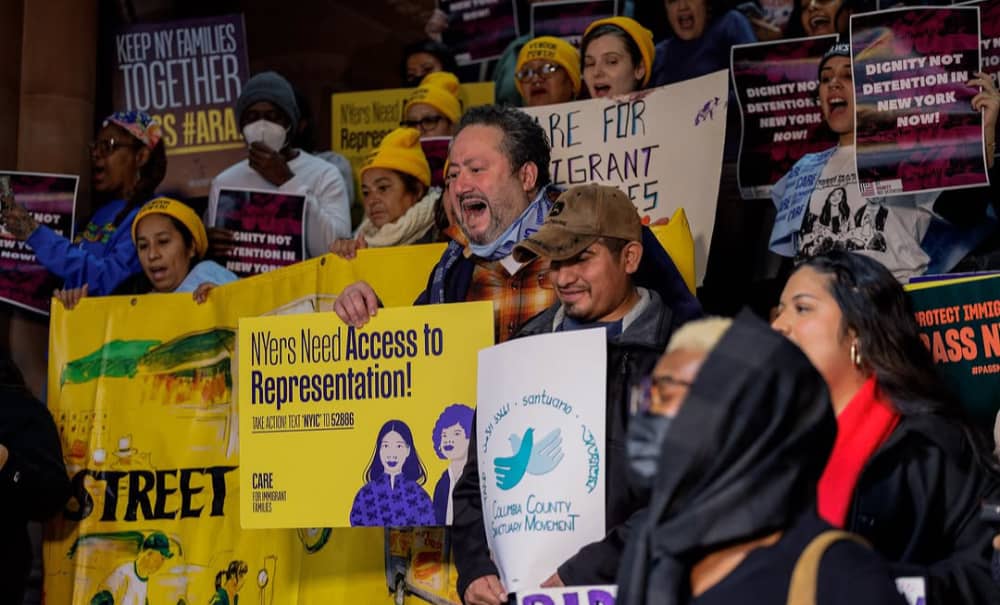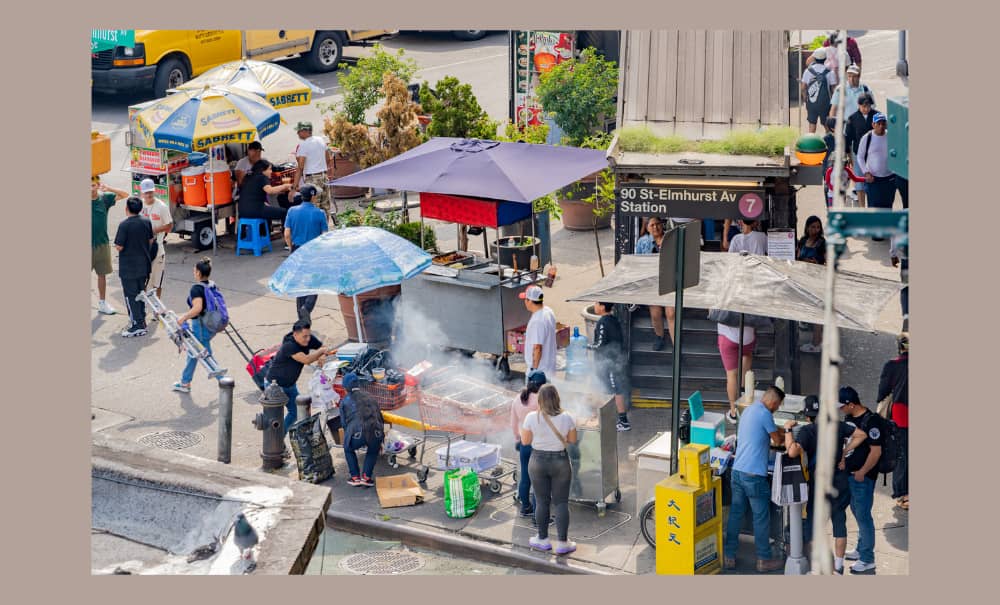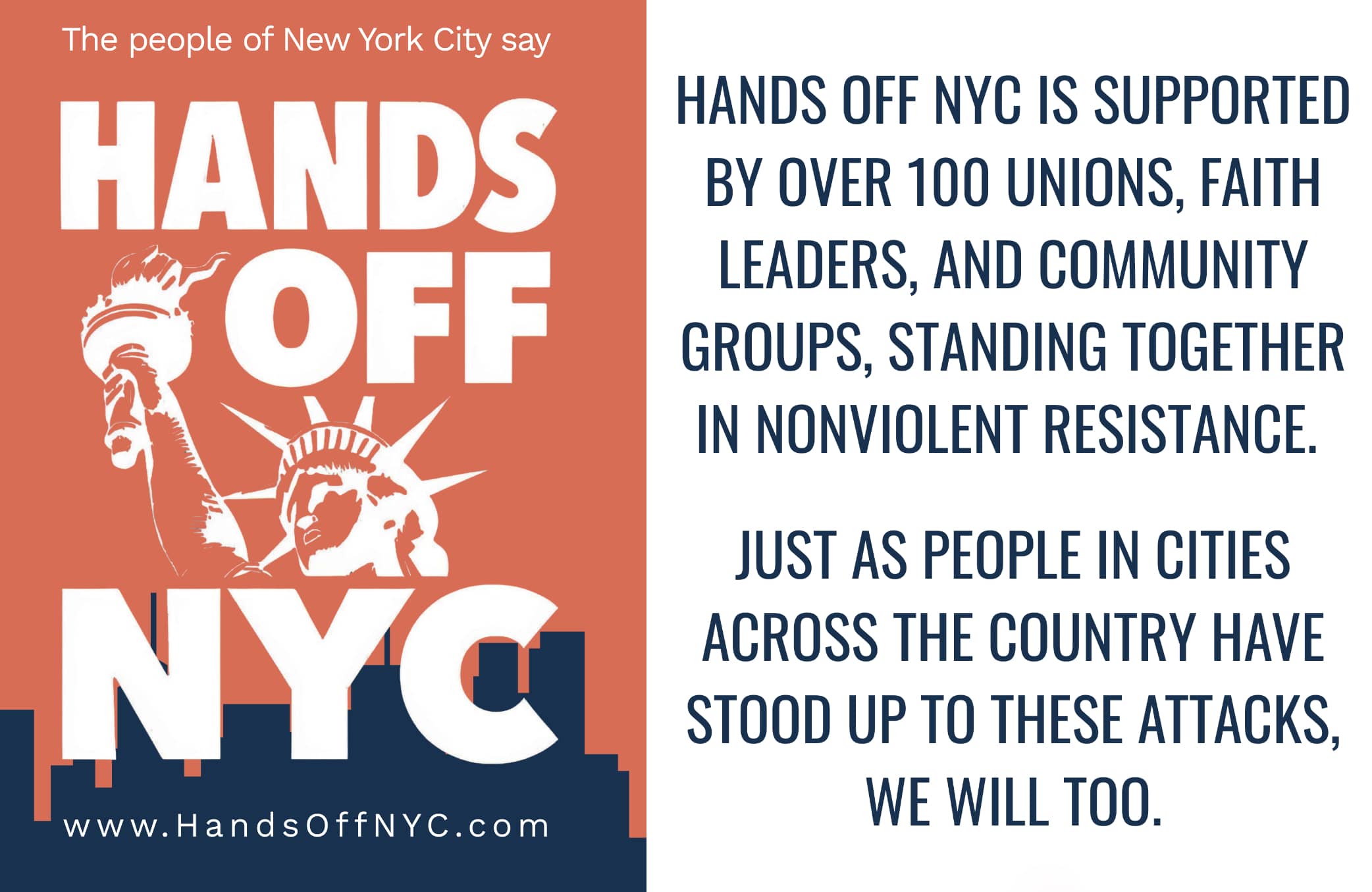
Dear friends,
It is now a fact. Zohran Mamdani won the NYC mayoral election—by an enthusiastic margin. He will be sworn in on January 1, 2026, as the immigrant mayor of this city built on immigrant labor, dreams, and community. Our own Jackson Heights-based DRUM (Desis Rising Up & Moving) sibling organization, DRUM Beats, mobilized its South Asian and Indo-Caribbean membership to play a major role in Mamdani’s successful campaign.
Given the threats this week from Thomas Homan, Trump’s so-called ’border czar,’ the most important part of today’s newsletter may be our WHAT CAN WE DO? section at the very end. We report first on ICE’s recent escalation of attacks here in Queens, and next, on your responses to our reader survey on how to prepare for ICE invasions in our own neighborhood. We conclude with actions you can take, and trainings and groups you can join, to collectively defend our communities. Please join us in learning what solidarity will look like in our immigrant-led New York City.
Newsletter highlights:
- Our neighborhood faces escalating ICE raids
- Reportback on JHISN reader survey: Actions and suggestions to confront ICE
1. ICE Is Here–How Do We Respond?
It seemed inevitable. After a months-long brutal mass deportation campaign at the Federal Plaza courthouses in Manhattan, ICE has now started ramping up street raids in Queens, knowing that almost half of us (over one million residents) were born outside the US.
In the first week of November, 97th Street and 41st Avenue in Corona became the main focus of a major ICE dragnet, resulting in the confirmed abductions of 12 neighbors. Other parts of Corona were also hit. As reported by Queens Neighborhoods United (QNU), these were not targeted arrests of individuals using judicial warrants. Instead, Latinos walking down the street, sitting in their cars, or riding bikes were racially profiled and arrested by swarms of agents. ICE used deception tactics—for instance, rotating out agents who might be recognized, or pretending to be done for the day, then suddenly returning to trap more residents.
We note that ICE has been active in our community for some time. According to one well-informed activist, an average of two people a day were already being detained in the Jackson Heights, Corona, and Elmhurst area prior to the 97th St. raids. ICE has recently been sighted, banging on doors on 79th Street near Roosevelt Avenue at 5:00 AM, presumably trying to serve a warrant. However, QNU says, “ICE is escalating. They are using more elaborate ruses and traps. We must respond.”
Parts of the Corona assault were recorded on video, and some local residents tried to warn pedestrians using whistles. These efforts need to grow into a mass response by our whole community. We need well-organized ICE Watch and rapid response teams to monitor federal agents and keep our neighborhoods informed. We need a widespread whistle campaign so that every resident can take part in sounding an alert when ICE appears. We need enough people in the street to make it hard to trap anybody.
This counter-escalation has started to emerge. We encourage our readers to be active according to your capabilities. Please see our What Can We Do? section at the end of our next article.
2. JHISN Reader Survey: Take Local Action Against ICE’s Illegal Activity
“[T]hey were here and they were everywhere. Smash and grab jobs happening across the city nearly simultaneously. But the things being stolen aren’t jewels, they’re lives. Off streets, from yards. One roofer plucked off a ladder. A landscaper thrown to the ground, tackled by a half-dozen men in camo with weapons …. What I need you to understand is that nobody is letting them go quietly. The Feds’ every movement is announced by a chorus of whistles, by a parade of cars honking in their wake, neighbors rushing outside to yell to film to witness these kidnappings that are unfolding in front of us. Neighbors running towards trouble.” – Dan Sinker, “What I Need You to Understand, Notes from Chicago in Late October”
In our last two newsletters, JHISN invited feedback from our readers through our NYC Prepares for ICE Invasion survey—we thank all of you who participated for your thoughtful responses. While most of you said you had already participated in actions to show opposition to the outrageous abductions by ICE agents, more than a third of you indicated that you are ready to take action for the first time. We applaud you and will continue to use the newsletter, as best we can, to encourage more people to take even more steps. We suggest that readers review the reports on grassroots resistance coming out of Chicago by Dan Sinker and Kyle Kingsbury, a.k.a “Aphyr”—they show what NYC could become when we face ICE attacks like those in Chicago.
Our survey also asked about the challenges facing our readers and suggestions for what can be done next. Overwhelmingly, our respondents shared that their biggest challenge is not being aware of actions they can take, even as several readers reported on actions they have already done:
- Distribute Know Your Rights (KYR) information to businesses and people
- Make phone calls and complete petitions to politicians
- Accompany immigrants to court appointments or participate in court watching
- Donate to immigrant support organizations
The main challenges our readers reported were a fear of physical risks and that work hours and mobility issues associated with age prevent participation in actions. One person responded simply: “Fear”.
But for every challenge identified, survey respondents also offered two suggestions for future actions. Unawareness can be fixed through greater information sharing. One person suggested that we learn from other groups, such as DIRE (Deportation and Immigration Response Equipo) in New Jersey. Another suggested “Distribute whistles and publicize when/how to use them for rapid response. Like in Los Angeles and in Chicago, there has been a grassroots effort to distribute orange whistles that people can blow if they see ICE.” Another said, “Have a chat group | Patrol the neighborhood | Make noise to alert our neighbors.”
JHISN has now posted instructions about whistle use as Community Resistance Tools on our blog, borrowing flyer information from South Brooklyn Mutual Aid. If you have been at the Jackson Heights Greenmarket on 34th Ave., between 79th & 80th, you may have seen activists distributing whistles and instructions to our community. Whistles played a role in the recent day-long ICE raid in Corona, and Hands Off NYC has now distributed well over 10,000 whistles throughout the city. Last weekend, JH Indivisible joined with 10 people from the neighborhood (including JHISN members) to distribute ICE Packs to business owners, including a whistle, instructions in English and Spanish for how to use the whistle, and red cards with KYR information.
Some of our active readers have connected with local ICE Watch groups. Most of these local groups create their own direct messaging communication methods to the immigrant population they serve; only trusted sources, who have been able to verify that ICE action is underway, post to the ICE Watch lists. So, although the federal government demanded Apple and Google remove the ICEBlock app from their app stores, which they did, most local ICE Watch groups were not significant users of that app.
One of our respondents made a straightforward comment: “I think we all have to help each other out in whatever ways we can.” Some of us can march in weekend events. Some of us can donate money to support immigrant-led groups or the many GoFundMe pages of families seeking support to fight their deportation case (please support the pages of those you know to be local to Jackson Heights). Some of us can wear a polka dot dress and block an ICE Humvee to slow its progress. Some of us can take successful legal action against discriminatory practices that intimidate immigrants with the threat of deportation. Some of us can tell NYC assembly members to get ICE OUT! Some of us can get ICE barred from operating in Rikers.
One of us cannot do everything, but many of us, doing what we can in different ways, can make the difference between quiet surrender or effective solidarity.
WHAT CAN WE DO?
- Get trained by Hands Off NYC, a coalition of over 50 action-taking groups, to learn Know Your Rights, ICE Watch, and organizing and mobilization strategies. Sign up for their Queens training on Saturday. Dec. 13, 12 – 4 pm.
- Attend one of the New York Immigration Coalition’s many Neighborhood Defense Training webinars.
- Attend the monthly Zoom meeting of Jackson Heights Indivisible and get involved with their local actions.
- Join the Visibility Brigade (also known as the Rush Hour Resistance) every Wednesday evening from 6 – 7 pm in Jackson Heights.
- Notify activists if you see ICE:
- NYC ICE Watch – DM via Instagram @nycicewatch – use the SALUTE page to quickly format your post
- Call the Immigrant Defense Project’s NY/NJ Rapid Response Network Emergency ICE Raid hotline at 1-800-308-0878, or in New York City, call 1-212-725-6422.
- Prepare yourself, your neighbors, and others by being familiar with Make The Road New York’s Deportation Defense Manual—especially read Part Two: Rapid Response to Raids; appendix D; and appendix F. (Note this is from July 2022, and many things have changed since then).
In solidarity and with collective care,
Jackson Heights Immigrant Solidarity Network (JHISN)
Follow @JHSolidarity on Facebook and Twitter and share this newsletter with friends, families, neighbors, networks, and colleagues so they can subscribe and receive news from JHISN.
